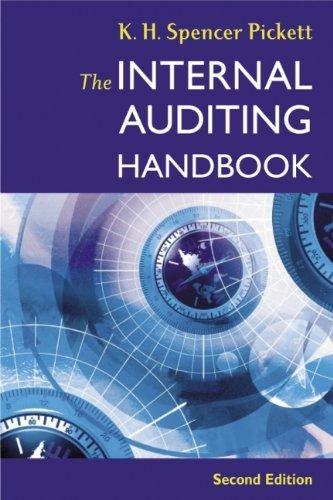useful formula

Question 1 The summarised financial statements of Jupiter ple and Juno plc for the year ended 30 June 2018 are set out below. Both companies operate in the retail sector. Statement of Financial Position as at 30 June 2015 Jupiter ple June ple 1000s Non-Current Assets Property.plant & equipment 296 1466 Intangible assets 1460 1 975 Current Assets Inventories 1750 12 Trade Receivables 1 1 450 11 12 Bank 1272 2200 1212 Current Liabilities Trade Payables 1962 11714 Bank Overdraft 30610 111261 714 Net Current Assets 93211 Total Assets less current liabilities 10688 Non-Current Liabilities Long Term Loans SNN Net Assets Equity Ordinary Share Capital (El Shares) Retained Earnings Total Equity 2000 3488 Statement of Profit & Loss for the year ended 30 June 2018 3700 Sales Revenue Cost of Sales Kross Profit Operating Expenses Operating Profit Interest Payable Profit before taxation Profit after taxation Dividends paid Required: Your client is considering an investment in the ordinary shares of either of the above companies and would like you to write a report advising which of the two would make the better investment. Your report should include the following: c) The calculation of a selection of TEN ratios for each company which will help assess the profitability, asset management, short-term solvency and long term financial health of the companies. (Please do not calculate any more than 10). (20 marks) An evaluation of the ratios you have calculated. (20 marks) (1) An identification and discussion of two other types of information which would be helpful in making an investment decision. (4 marks) (iv) A brief discussion of some of the limitations of ratio analysis. (6 marks) Financial Ratios (in alphabetical order) 1) Acid test (Quick) ratio Current assets - stock Current liabilities 2) Current ratio Current assets Current liabilities 3) Dividend Cover Profit available for ordinary shareholders Ordinary Dividends 4) Dividend Payout Ratio Dividends Profit available for ordinary shareholders 5) Dividend Per Share Dividend Number of Shares 6) Dividend Yield Ratio Dividend per Share x 100 Market Value per Share 7) Earnings per share Profit After Interest and Tax - Preference Dividend Number of ordinary shares 8) Gearing Debt x 100 OR Debt x 100 Equity Debt + equity 9) Gross profit margin x 100 Gross profit Sales revenue 10) Interest cover Operating profit_(PBIT) Interest payable 11) Operating profit margin x 100 Operating profit Sales revenue 12) Price/Earnings Ratio Market value per share Earnings per share 13) Return on Capital Employed (ROCE) x 100 Profit Before Interest and Taxation Share Capital + Reserves + Long Term Loans 14) Return on Equity (ROE) Profit available for Shareholders x 100 Ordinary Share Capital + Reserves 15) Sales to Capital Employed Sales Capital Employed 16 Sales Per Employee Sales Number of employees 17) Stock (Inventory) Turnover Period Closing Stock x 365 days Cost of Sales 18) Trade Payable Days (Creditors) Trade Payables x 365 days Purchases (COS) 19) Trade Receivable Days (Debtors) Trade Receivables x 365 days Credit Sales












